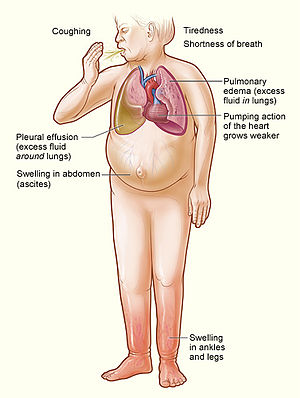It’s a long way off from availability, but isn’t it nice to know that some researchers who were looking for something else entirely – isn’t that how half our best discoveries are made? – have found a molecule that might be able to tell us with a simple blood test if we’ve got coronary artery disease (CAD). CAD is responsible for heart attacks and strokes and is the number one cause of death in the United States, according to an article in MedNewsToday.com.
Up til now, most people have no idea they have CAD (also known as atherosclerosis and, to many folks, just plain old heart disease) until they have a heart attack. Many felt fine and noticed no warning symptoms. Then suddenly, they’re in the hospital and terrified.
Researchers noticed the molecule – malondialdehyde-acetaldehyde (MAA) – because it showed up where there was inflammation while they were investigating arthritis and liver disease.
While a blood test isn’t totally non-invasive, it’s a darn sight less so than nasty tests like angiograms and catheterizations. So here’s hoping they can hurry this research along. Once it’s developed, people will know ahead of time that they have to make diet and lifestyle changes to avoid a heart attack.
But I guess we already hear that all the time, and yet it doesn’t hit home to many. Maybe this test will come to serve as a less drastic wake-up call.










